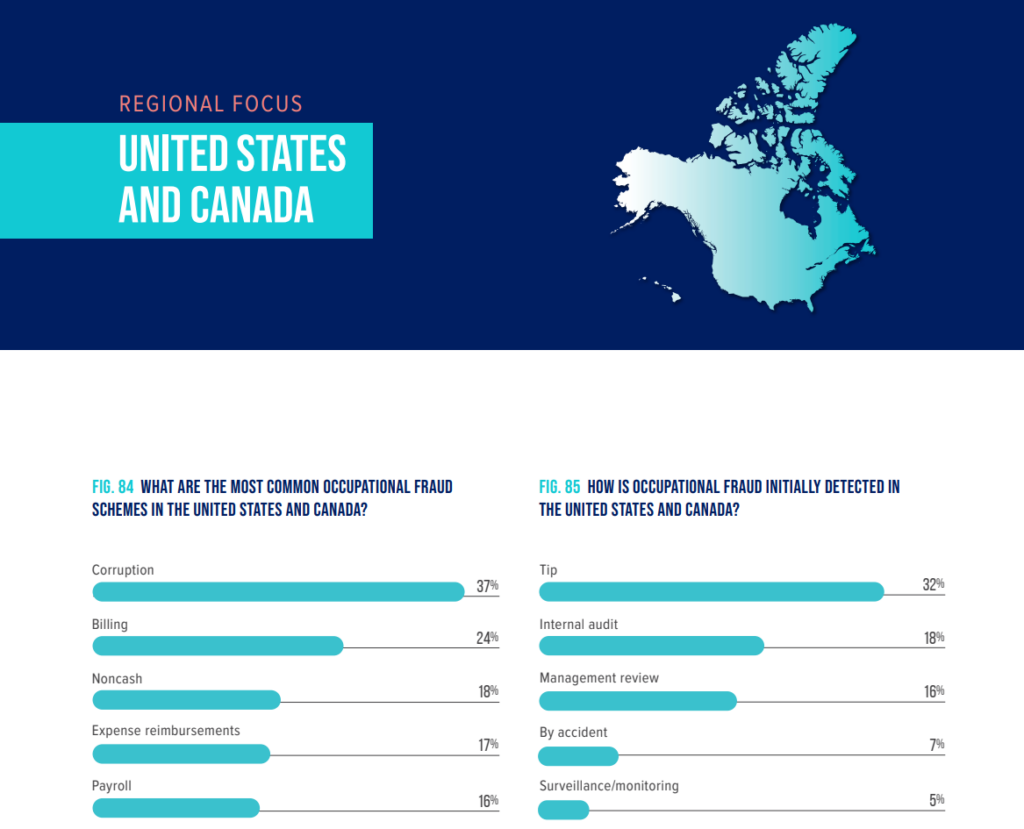Strategies for identifying and combatting time theft in remote work environments
Nov 16, 2022
The COVID-19 pandemic required governments and other organizations to adjust their operating structure to a remote environment. For many, this structure became the new norm, and governments continue to operate remotely or in hybrid formats. These structures have significant benefits for employees because they offer flexibility, eliminate commute times and more. However, remote or hybrid environments can also have setbacks because they can amplify distractions that affect productivity, or worse—employees could be committing time theft by not working the time they say they are.
The Association of Certified Fraud Examiners (ACFE) defines payroll fraud as a disbursement scheme in which an employer issues payments to employees because of false compensation claims. A common payroll fraud scheme includes falsified wages or time theft, which is when employees claim hours they did not work or falsify their timesheets.
It's important for governments to be aware of red flags that might indicate employees are committing time theft and establish internal controls necessary in the remote or hybrid environment to safeguard public resources. Time theft is not only costly, but it also hinders workplace productivity and morale.
What are the red flags to look for?
Employees can commit time theft in many ways, but some red flags include:
- Not responding to emails, chats, or calls during regular business hours for long stretches when they should be available (such as shown on their calendar)
- Not attending or joining late for phone or video call meetings
- Completing work assignments late
- Taking long or frequent breaks that are unaccounted for
- Logging a full day on timesheets despite starting late or ending early
- Logging a full day despite performing personal and/or non-work activities while on the clock, including outside employment
- Taking on overtime that a manager has not authorized
- Asking a colleague to clock-in and out for them (also called “buddy punching”)
Strategies for combatting time theft
Combatting time theft in a remote or hybrid work environment is a challenging but not an impossible task. With proper guidelines and monitoring, governments can take several steps to address the risk of their employees committing this type of fraud.
- Set a strong, written policy: It's important to establish rules and regulations on your government's expectations when it comes to time worked. The policy should also outline prevention strategies to make sure time theft does not occur, and if it does, be clear on the penalties for violations. Managers should also ensure they properly communicate this policy to employees and that they acknowledge it.
- Monitor time and attendance: Governments have several ways they can monitor that their employees are working the hours they claim to be working, such as by using a time-tracking system. This can be challenging, though, especially if you are in a remote or hybrid environment where you are not observing your staff working every day. In addition to being aware of red flags mentioned above, your government might also consider reviewing computer or network activity logs, phone or video call logs, keycard or door entry logs, or surveillance footage to monitor for potential employee time theft. Regardless of what monitoring method you implement, it's important to ensure employees' timesheets accurately reflect their time and attendance, and that they are using leave accordingly. If not, it's also just as important to address the red flags and enforce disciplinary action as necessary.
- Listen to employees: Tips are the most common detection method for frauds. Your government should take seriously any employee tips of time theft and other fraud. Further, you should provide appropriate avenues for employees to feel comfortable bringing up concerns, as well as take proactive action to follow through with complaints.
Resources
Our Office has excellent resources available to help you implement best practices and develop internal controls over your payroll processes to prevent fraud. Check out the guides, checklists and best practices available in the payroll section of our resource library. And to learn more about payroll-related fraud risks, download our flier.

Fraud fact: According to the ACFE, payroll is the fifth most common occupational fraud scheme in the U.S. and Canada.
Source: Association of Certified Fraud Examiners Occupational Fraud 2022: A Report to the Nations
